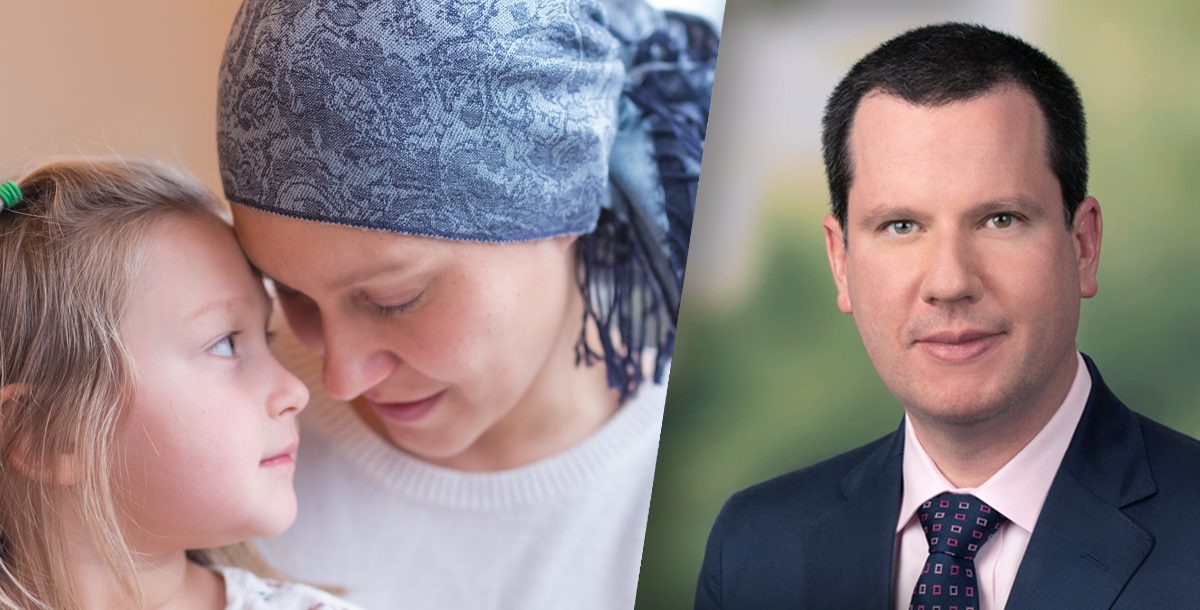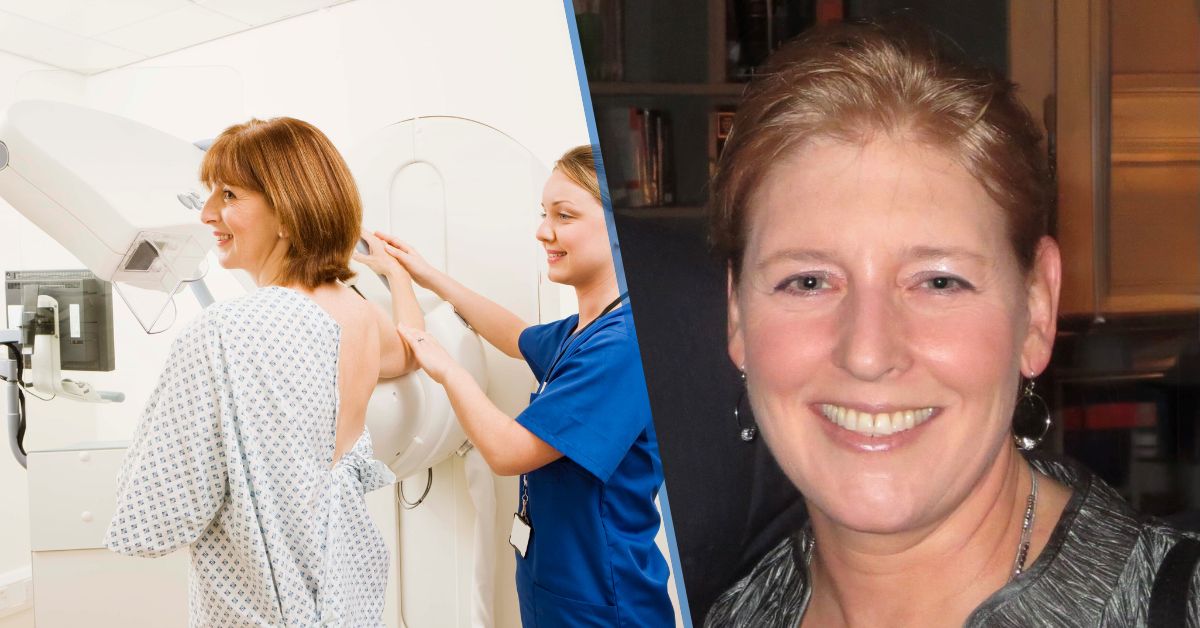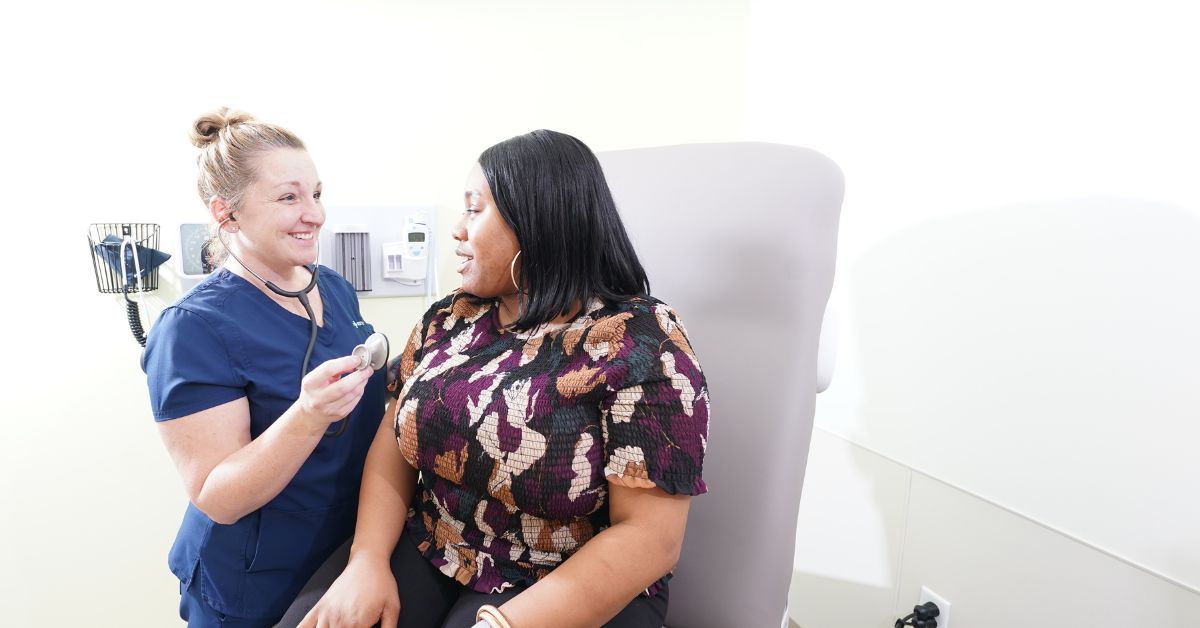This World Cancer Day, we are sharing some findings from the recent 2021 San Antonio Breast Cancer Symposium (SABCS). Since 2007, each December William Irvin, Jr., MD, has attended the San Antonio Breast Cancer Symposium, which brings clinicians, researchers and advocates together to discuss the latest breast cancer study results.
Due to the COVID-19 pandemic, 2021 conference leaders hosted their first-ever hybrid symposium, where more than 9,800 attendees from the U.S., Europe, Asia, North Africa and South America joined either in person or online to learn about the latest in breast cancer research and advancements.
“SABCS is the premier breast cancer-focused conference in the world,” Dr. Irvin shares. “Every year we ask, ‘what will we do differently on Monday morning?’ It is exciting to participate in the improvement of therapy for breast cancer through new research.”
Here are just a few of Dr. Irvin’s highlights from the conference:
- Could a new class of oral medications be on the horizon to treat breast cancer? Initial results from the EMERALD trial have demonstrated significant and clinically meaningful improvement in progression-free survival in postmenopausal women with estrogen receptor positive (ER+)/HER2-negative (HER2-) metastatic breast cancer in the second/third line after treatment with a CDK4/6 inhibitor with Elacestrant, the first oral selective estrogen receptor degrader (SERD).
- Can we predict how metastatic breast cancer will respond to treatment ahead of time? While we aren’t there yet, we may be close. A study conducted by the Cancer Research UK Cambridge Institute at the University of Cambridge and Addenbrooke’s Hospital determined that a test could be developed that was highly predictive how well a tumor would respond to treatment. In the future, this test could be used to determine when to change therapies at an earlier point in time.
- Ovarian suppression reduces the risk for breast cancer recurrence in high-risk situations. Data confirmed that ovarian suppression could make a difference in terms of breast cancer recurrence. A study coming out of the University of Oxford has concluded that aromatase inhibitors combined with ovarian suppression treatment may benefit premenopausal women. When these therapies were combined for premenopausal women at high clinical risk for recurrence, it reduced the risk for breast cancer recurrence by 21 percent.
Also, it came as no surprise that breast cancer screenings were down the previous year due to the COVID-19 pandemic. However, early detection is key to positive outcomes in breast cancer.
Thus, it’s important to make sure you are up to date on your annual mammogram as well as your other health screenings.
At Bon Secours, we offer compassionate, quality care to each and every patient that walks through our door. Hear directly from some of our patients about their experiences with breast cancer:
- “It can happen to anyone”: Stacey shares her triple negative breast cancer story
- Q&A with Kathy: nurse and breast cancer survivor
- New technology helps Leah keep her hair during breast cancer treatment
Learn more about the breast cancer services we offer at Bon Secours.




